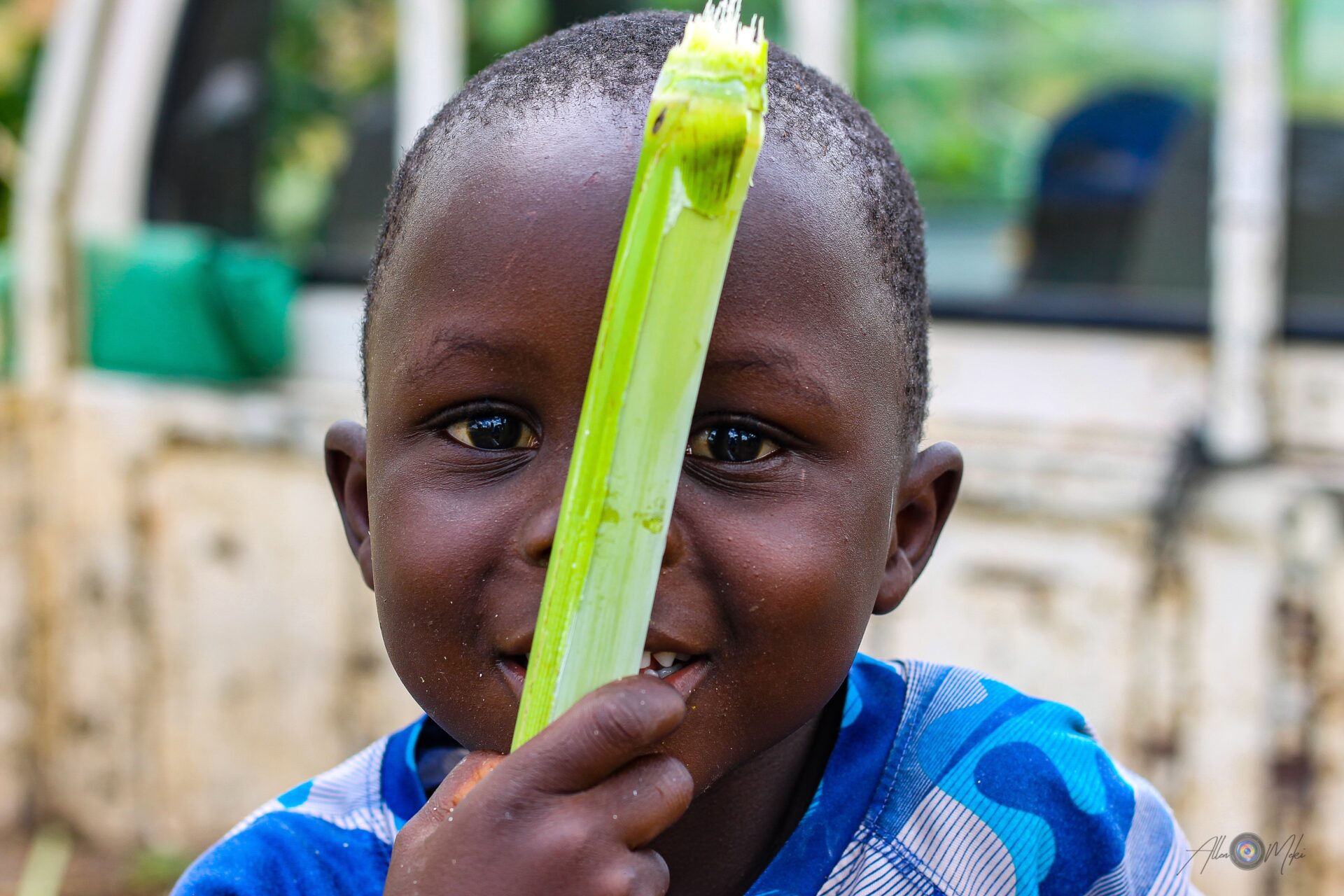Godfrey N. Musuka, Tafadzwa Dzinamarira, Diego F Cuadros, Grant Murewanhema, Innocent Chingombe, Felicia Takavarasha, Helena Herrera, Munyaradzi Mapingure. “Mothers HIV status and their children’s nutritional status: Insights from secondary analysis of the Zimbabwe Demographic and Health Survey data (2015-206).” Food Science & Nutrition, 2021. doi: https://doi.org/10.1002/fsn3.2509.
Abstract
Infants and young children are completely dependent on others, primarily their mothers, for nutrition. This means maternal health status is one of the most important maternal characteristics that are predictors of the nutritional status of children. This study aimed to describe the association between mothers’ HIV status and their children’s nutritional status using data from the Zimbabwe Demographic and Health Survey (2015–16). We used statistical analysis to determine the association between mothers’ HIV status and their children’s nutritional status. The findings revealed that 30%, 4%, and 11% of children whose mothers were HIV positive presented with moderate-to-severe stunting, wasting, and underweight, respectively. The risk of stunting was higher for children whose mothers were HIV positive compared with children whose mothers were HIV negative (odds ratio [OR] 1.23; 95% confidence interval [CI] 1.00–1.52)). Maternal HIV-positive status is associated with an increased risk of the child being underweight (OR 1.69; 95% CI 1.24–2.30). The prevalence of being underweight, stunting, and wasting is still high among children of HIV-positive mothers several years into HIV Care and Treatment programs. This study’s findings call for implementation of a robust national wide improved infant and young child feeding scheme to enhance the overall nutritional status of children in the country.








